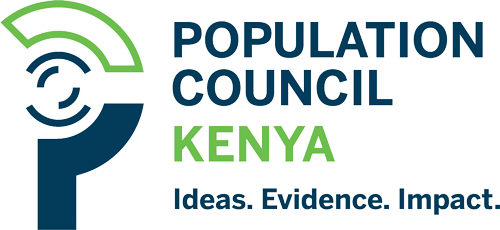This year’s International AIDS Conference left us invigorated and inspired, with the overarching theme of #PutPeopleFirst resonating deeply through every session and workshop. The critical discussions and insights gathered have culminated into our six key takeaways that we believe are essential for advancing our collective efforts in the South to South Learning Network.
Here’s what stood out:
1. Recognising communities as experts is imperative.
Recognising communities as experts, enriches our understanding and approaches to succeeding in the HIV response. The conference vividly highlighted that engaging communities as experts leads to more culturally sensitive and effective interventions that resonate on a personal level, ensuring that prevention strategies are not only accepted but owned by communities.
2. The power of networking and strengthening alliances sits at the heart of effective HIV prevention.
The conference underscored the necessity of forging and nurturing alliances across various stakeholders in the HIV prevention landscape. These relationships enhance our collective capacity to innovate, advocate, and implement effective strategies that address the complexities of HIV prevention. Building a strong network that not only amplifies our voices but also solidifies the foundation upon which we can push for change.
3. New HIV prevention products, while exciting, need equitable delivery mechanisms.
The development of long-acting HIV prevention products represents a significant leap forward, offering new hope and expanded options for individuals. Yet, as we enter an era with more choices in PrEP, it’s essential that HIV prevention programmes prioritise both innovation and long-term sustainability. The challenge lies in ensuring that these advancements are accessible to all, particularly those who need them the most. Equitable access to these innovations is crucial to truly transform the prevention landscape.
4. The crucial and continued role of political will and funding is the linchpin in the quest to end HIV as a public health threat by 2030.
The conference re-highlighted the message that sustained political will coupled with adequate funding is necessary to maintain the momentum of current prevention programmes. It’s imperative for political leaders to understand HIV prevention holistically and prioritise funding and support for HIV initiatives to meet the ambitious 2030 targets. This commitment will be a determining factor in the global response to HIV and in securing long-term health benefits for all.
5. The impact of harmful laws and policies significantly hinders our progress in combating HIV.
Legislation that discriminates or marginalises populations only serves to exacerbate the challenges in managing and preventing HIV. It’s clear that for us to move forward, these damaging laws need to be addressed and reformed, creating a more inclusive and supportive environment for all individuals.
6.Data-driven strategies are essential for targeted and effective HIV prevention efforts .
Data and evidence are crucial in the development, implementation, and enhancement of HIV prevention strategies, as they ensure the effectiveness of efforts and the wise use of resources. These valuable sources of information can be obtained from various channels, such as research, surveys, surveillance, routine monitoring, community-led monitoring, and community consultations. All these forms of data play an important role in helping us comprehend the barriers and find solutions to achieve our prevention goals. It is essential to appreciate and make sense of all types of data by triangulating them to form a comprehensive picture.
As we reflect on these themes, it’s essential to carry the momentum beyond the conference discussions and into actionable changes in countries and communities. This is where the South to South Learning Network comes into play. Our programme is dedicated to supporting countries to learn from one another; to bridge the learning to action gap; to build allyship and to hold one another accountable for a united response to prevent HIV.


















